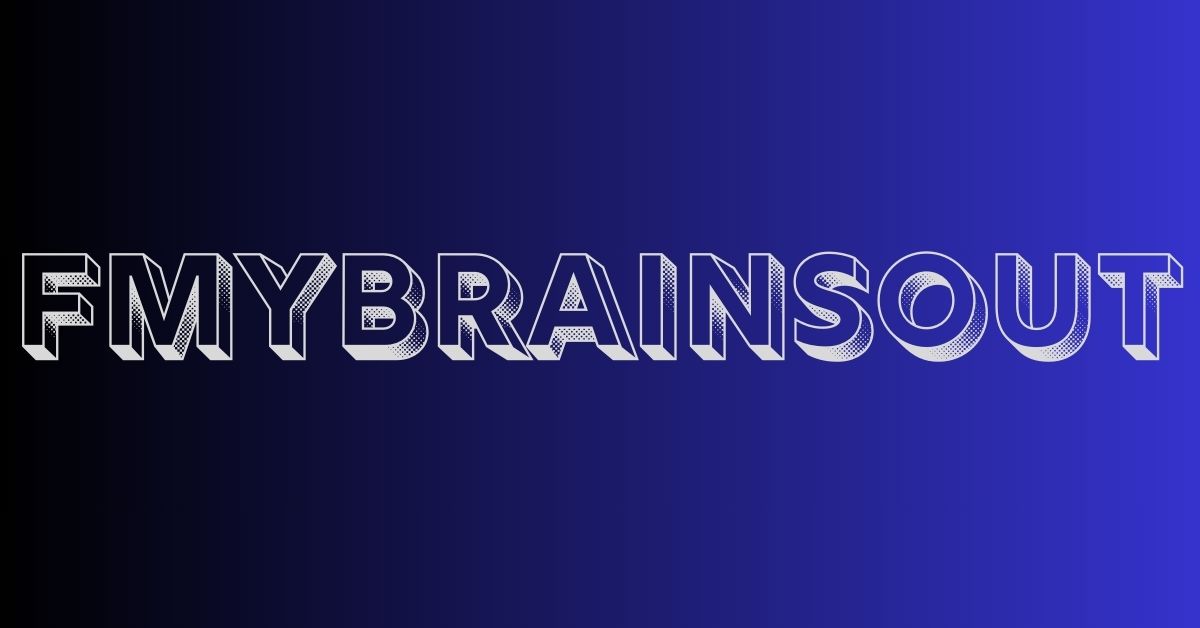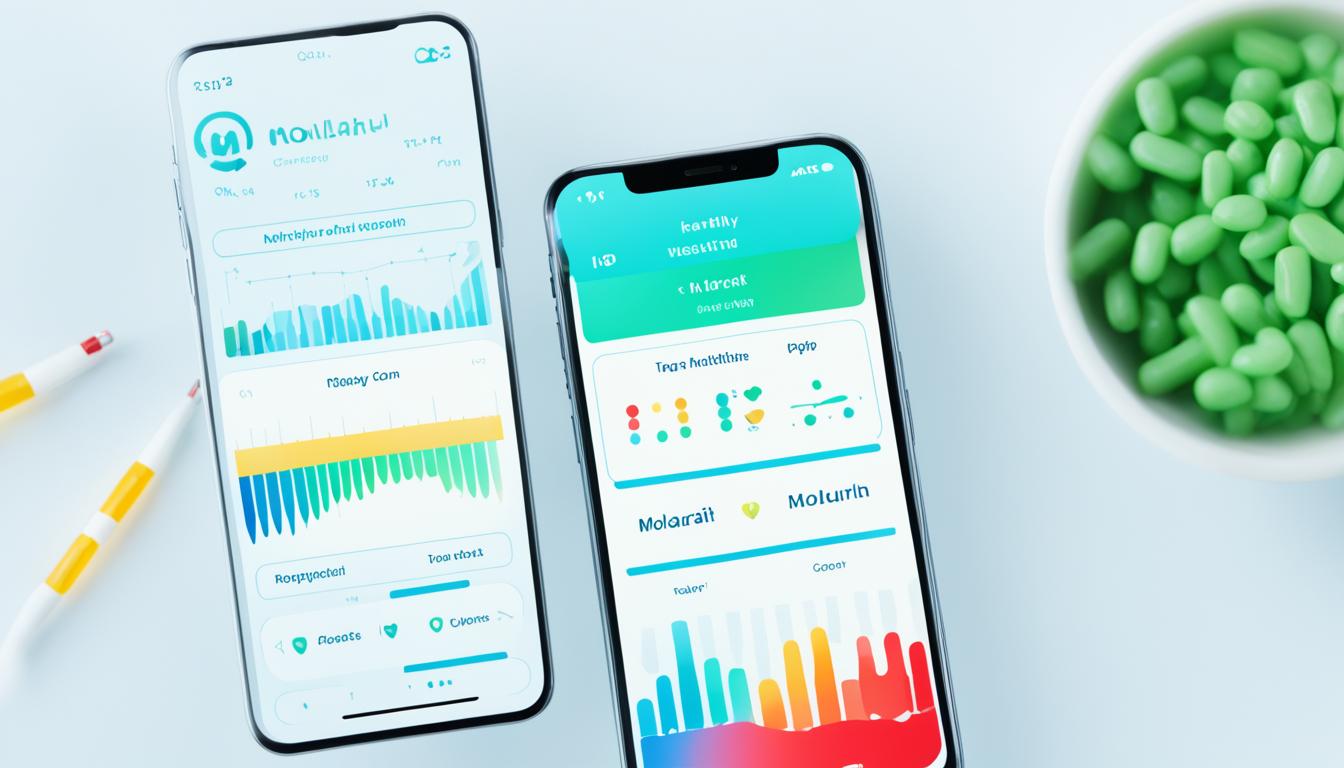Have you ever come across the term “fmybrainsout” and wondered what it means? This intriguing phrase has caught the attention of many, sparking curiosity and a desire to delve deeper into its origins and significance. But what exactly is “fmybrainsout,” and why has it become a topic of interest? Let’s unravel the mystery behind this unique term.
What is fmybrainsout?
The term “fmybrainsout” is a colloquial expression that encapsulates the feeling of being overwhelmed or mentally exhausted. It’s a playful yet descriptive way to convey the sensation of having too much on your mind, leading to a sense of mental fatigue or even burnout. Imagine your brain working overtime, processing a flurry of thoughts, ideas, and worries—it’s like your brain is on the verge of shutting down due to overload.
The Popularity of the Phrase
Why has “fmybrainsout” gained popularity? In today’s fast-paced world, where stress and mental strain are common, this phrase resonates with many people. It captures a shared experience of feeling mentally drained, making it a relatable expression for those who are juggling multiple responsibilities or dealing with intense pressure.
Origins of the Term
While the exact origins of “fmybrainsout” are unclear, it likely emerged from internet culture, where slang and colloquial expressions often gain traction. The phrase may have started as a humorous way to describe mental exhaustion but has since evolved into a more widely recognized term.
How fmybrainsout Reflects Modern Life
In many ways, “fmybrainsout” is a reflection of modern life. The phrase embodies the challenges of living in a world that demands constant attention, multitasking, and the ability to keep up with an ever-increasing flow of information. It’s no wonder that so many people identify with the feeling of having their brains “fried” from time to time.
Mental Health and fmybrainsout
The concept of “fmybrainsout” also highlights the importance of mental health awareness. When we feel mentally exhausted, it’s a sign that our brains need a break. Recognizing the early signs of burnout and taking steps to manage stress is crucial for maintaining overall well-being.
The Role of Technology
Technology plays a significant role in the prevalence of “fmybrainsout.” With the constant barrage of notifications, emails, and social media updates, it’s easy to become overwhelmed. The digital age has undoubtedly contributed to the mental overload that many people experience, making the phrase even more relevant.
Coping with Mental Exhaustion
So, what can you do when you find yourself feeling “fmybrainsout”? There are several strategies to help manage mental exhaustion:
- Take Breaks: Step away from your tasks and give your brain a chance to recharge.
- Practice Mindfulness: Engage in mindfulness exercises to calm your mind and focus on the present moment.
- Prioritize Tasks: Focus on the most important tasks first to reduce the feeling of being overwhelmed.
- Stay Organized: Keep track of your responsibilities with to-do lists or digital tools.
- Seek Support: Don’t hesitate to reach out to friends, family, or a mental health professional if you need help.
The Impact of Social Media
Social media can be both a blessing and a curse when it comes to mental exhaustion. While it allows us to stay connected, it can also contribute to the feeling of being “fmybrainsout.” The pressure to keep up with social media trends, respond to messages, and maintain an online presence can be overwhelming, leading to mental fatigue.
Balancing Digital Life
Finding a balance between staying connected and avoiding burnout is key. Setting boundaries with your digital life, such as limiting screen time or turning off notifications, can help reduce the mental strain associated with being constantly online.
The Importance of Self-Care
Self-care is an essential aspect of preventing the “fmybrainsout” feeling. Taking time to relax, engage in hobbies, and prioritize your well-being can make a significant difference in managing stress and maintaining mental clarity.
How to Recognize When You Need a Break
It’s important to recognize the signs that you’re approaching mental exhaustion. Symptoms such as difficulty concentrating, irritability, and feeling overwhelmed are all indicators that your brain needs a break. Paying attention to these signals can help you take action before reaching the point of burnout.
The Power of Saying No
One effective way to avoid mental exhaustion is by learning to say no. It’s easy to overcommit yourself, but taking on too much can lead to burnout. Prioritizing your time and energy is crucial for maintaining mental health and avoiding the “fmybrainsout” feeling.
The Role of Sleep
Never underestimate the power of a good night’s sleep. Sleep is essential for mental and physical health, and it’s one of the most effective ways to combat mental exhaustion. Prioritizing quality sleep can help prevent the “fmybrainsout” sensation and keep your brain functioning at its best.
Conclusion
In a world where it’s easy to become mentally overwhelmed, understanding the concept of “fmybrainsout” can help you recognize the importance of balance. By taking proactive steps to manage stress, prioritize self-care, and maintain healthy boundaries, you can protect your mental well-being and avoid the pitfalls of mental exhaustion.
FAQs
What does “fmybrainsout” mean?
“fmybrainsout” is a colloquial expression used to describe the feeling of being mentally exhausted or overwhelmed.
How can I prevent feeling “fmybrainsout”?
Preventing mental exhaustion involves practicing self-care, prioritizing tasks, taking breaks, and setting boundaries with technology.
Is “fmybrainsout” related to burnout?
Yes, “fmybrainsout” can be an early sign of burnout, which is a more severe form of mental and emotional exhaustion.
What role does technology play in mental exhaustion?
Technology, especially social media and constant connectivity, can contribute to the feeling of being mentally overwhelmed.
How can I manage mental exhaustion effectively?
Effective management includes taking breaks, practicing mindfulness, staying organized, and seeking support when needed.











